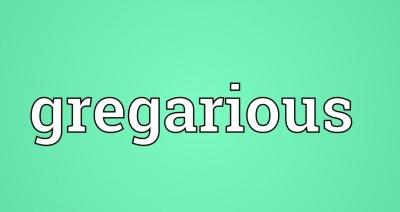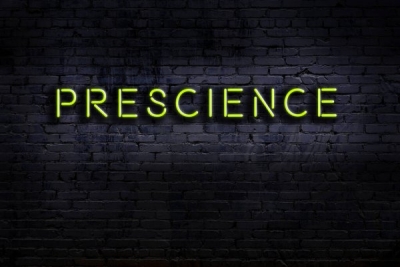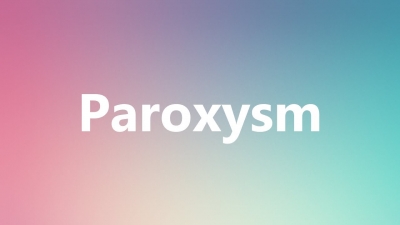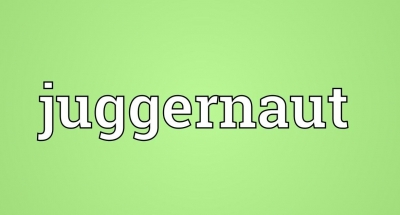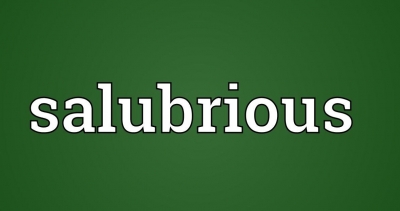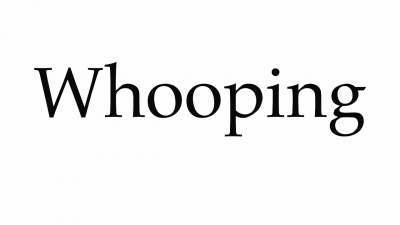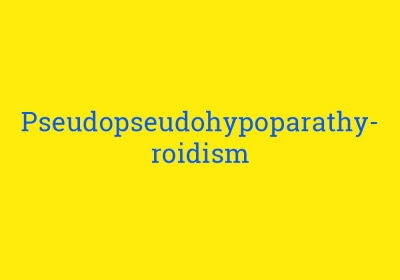
Identifying the longest words in the English language is not an easy task. There are many contenders. However, some cannot be considered ‘words’ per se, as they are chemical formulas, or archaic terms that are no longer used. Now, let’s look at some of the unusually long words…
Methionylthreonylthreonyl
The chemical name for protein titin, found in muscle tissue, which begins with methionylthreonylthreonyl, has 189,819 letters. The characters in the word can fill up as many as 70 pages and takes there and a half hours to pronounce. So in terms of length, it can be considered the longest. However, it’s a formula that represents the protein’s chemical composition and cannot be considered a word.
Something fishy!
That brings us to an exotic stew! Aristophanes, a poet from ancient Greece, made up a fictional dish in his comedy “Assemblywomen”. The dish made of some interesting ingredients – fish, pigeons, and honey, was given a longish name consisting of 182 letters. The name is quite a mouthful.
‘Lopadotemachoselachogaleokranioleipsanodrimhypotrimmatosilphiokarabomelitokatakechymenokichlepikossyphophattoperisteralektryonoptekephalliokigklopeleiolagoiosiraiobaphetraganopterygon’
Slurp on that!
Sound of thunder
Author James Joyce too was quite a wordsmith. He coined nine 100-letter words and one 101-letter word to represent different types of sounds in his novel “Finnegan’s Wake”. One of the words is ‘bababadalgharaghtakamminarronnkonnbronntonnerronntuonnthunntrovarrhounawnskawntoohoohoordenenthurnuk’. It refers to the sound of the thunder when Adam fell from God’s grace. Did you know it is made up of words imitating the sounds “thunder” in different languages? This indeed leaves us thunderstruck!
A spoonful of sugar
Not surprisingly, one of the longest words in English was popularized by a magical nanny. The word ‘supercalifragilisticexpialidocious’, consisting of 34 letters, was part of a song in the 1964 film “Mary Poppins” and is also one of the contenders for the longest words. Dictionaries refer to it as a ‘nonsense word used by children for something extremely good’. It is often used as an expression to devote extreme joy over something.
Worth its weight
At 29 letters, floccinaucinihilipilification – “the act of estimating something to be worthless” – is considered to be one of the longest words. The word as coined in the 18th Century by students at Eton, a boarding school in Britain, by linking four Latin words for “nothing”.
Disease and disorders
Another longest word in the English language is the scientific term – pneumonoultramicroscopicsilicovolcanoconiosis. The 45-letter word refers to a lung disease contracted from the inhalation of silica particles, specifically from a volcano.
Pseudopseudohypoparathyroidism, an inherited disorder, too, is regarded as one of the longest words.
The longest name
- According to the Guinness Book of World Records, the longest personal name is 747 characters long, it belongs to Hubert Blaine Wolfeschlegelsteinhausenbergerdorff Sr., who was born in August 1914, Germany, who passed away on October 24, 1997, in Philidelphia in the U.S. It was verified on January 1, 2021.
- Hubert’s name in full in English is Adolph Blaine Charles David Earl Fredrick Gerald Hubert Irvin John Kenneth Lloyd Martin Nero Oliver Paul Quincy Randolph Sherman Thomas Uncas Victor William Xerxes Yancy Zeus.
Picture Credit : Google
